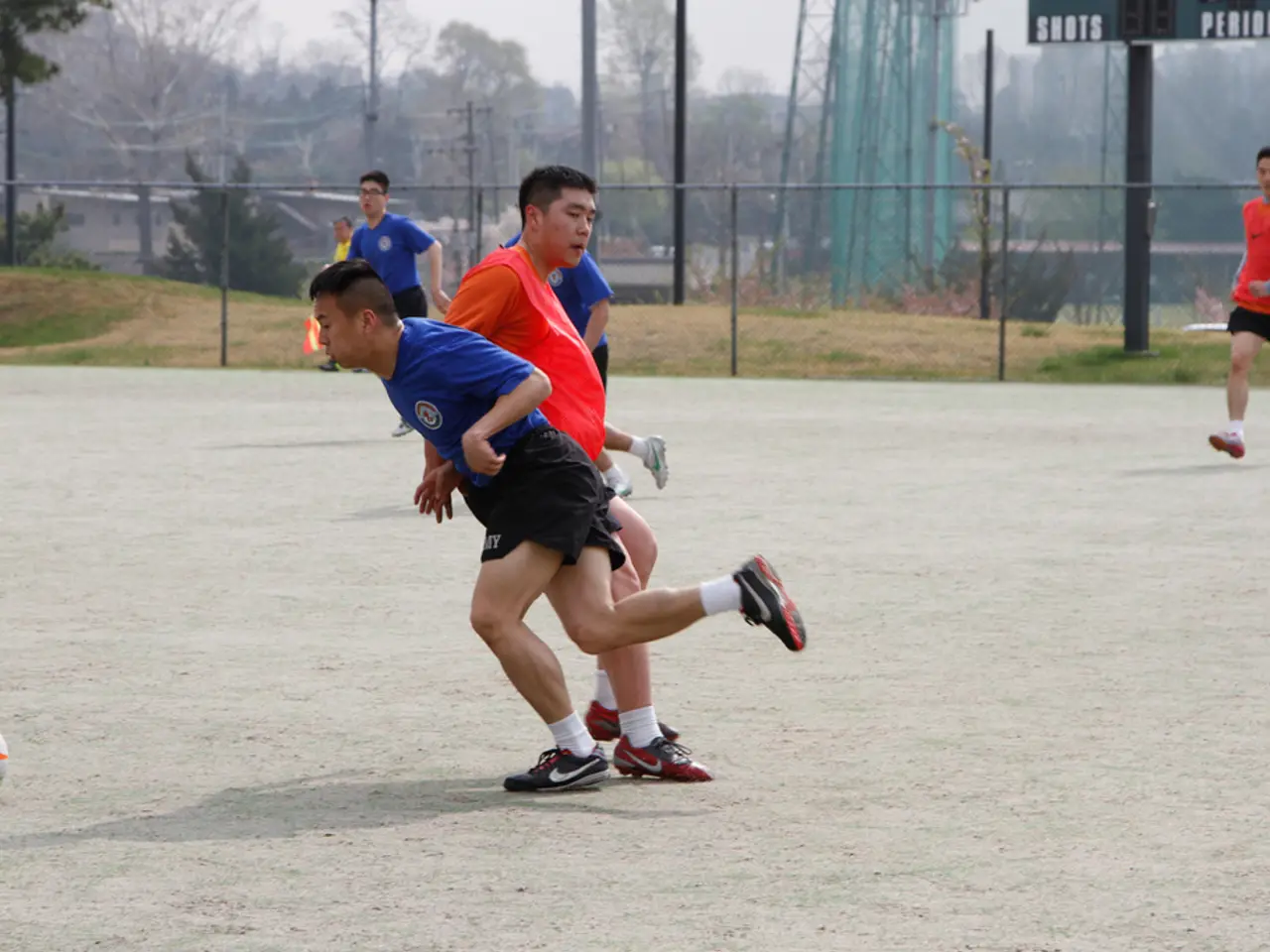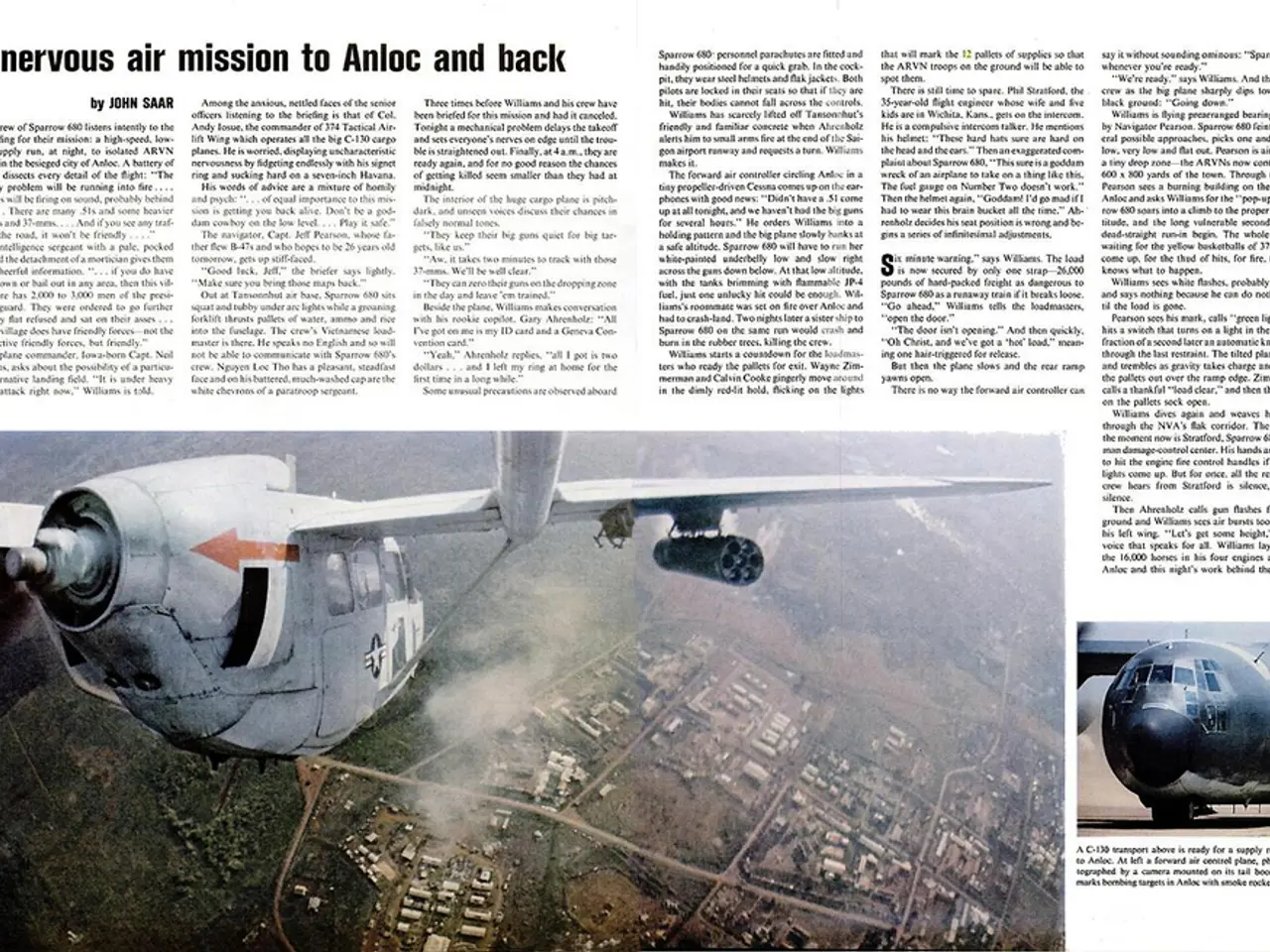Indian Super League Halt Sparks Warnings from Sunil Chhetri Regarding Suspension
The Indian Super League (ISL), a competition that has elevated Indian football since its launch in 2013, finds itself in a precarious position as the Master Rights Agreement (MRA) between Football Sports Development Limited (FSDL) and the All India Football Federation (AIFF) remains unresolved. The MRA, set to expire on December 8, 2025, has been the cornerstone of the ISL's governance for 15 years, but negotiations for a renewal have stalled, causing uncertainty for the 2025-26 season.
FSDL has proposed a new holding company, jointly owned by ISL clubs, FSDL, and AIFF, to shift control from FSDL's current central authority to a more collaborative ownership and governance structure. However, the AIFF has rejected this proposal, instead insisting on an all-cash deal involving a minimum guaranteed payment of Rs 50 crore per year with a 5% annual increment, and limited involvement in league operations.
The ongoing impasse has had immediate and serious consequences for the ISL. FSDL has announced that the 2025-26 ISL season is "on hold" until there is clarity on the contractual structure beyond the current MRA. This uncertainty directly affects clubs, players, staff, and all stakeholders associated with the league. Without a clear path forward, planning for the next season—including player contracts, broadcast deals, and sponsorships—remains in limbo, potentially causing long-term damage to the league’s credibility and commercial viability.
The AIFF's handling of the negotiations has drawn criticism from both the media and former players, with accusations of lack of foresight and administrative incompetence. The future of the ISL hangs in the balance until the Supreme Court delivers its verdict and a new MRA is agreed upon. The delay not only jeopardizes the 2025-26 season but also raises broader questions about governance and commercial strategy in Indian football’s top league.
Key Points:
| Aspect | FSDL Position | AIFF Position | Current Status | |-------------------------------|----------------------------------------------------|----------------------------------------------|-------------------------------------------------| | Governance Model | New holding company (clubs 60%, FSDL 26%, AIFF 14%)| All-cash deal, minimal governance role | Deadlocked | | Financial Terms | Not specified in detail | Rs 50 crore/year, 5% annual increment | Rejected by FSDL | | Legal Context | Retains “Last Right to Match” clause | Subject to Supreme Court verdict (July 18) | Negotiations paused by court order | | ISL 2025-26 Season | On hold | On hold | No clarity; clubs and stakeholders affected |
The crisis extends beyond the ISL, affecting various stakeholders, including players, staff, and grassroots development programmes. Sunil Chhetri, India's celebrated football captain, has spoken out about his profound concern about the suspension of the ISL, describing the entire Indian football ecosystem as 'worried, hurt, and scared' by the uncertainty.
The AIFF President, Kalyan Chaubey, has emphasized respecting 'the law of the land' and assured stakeholders of resolution efforts. The Supreme Court deliberations on AIFF's constitution are ongoing, and no negotiated settlement has been reached yet. The future of Indian football hangs in the balance, and all parties—players, clubs, staff, and fans—face significant uncertainty.
Given the ongoing standoff between FSDL and AIFF, maintaining the health and wellbeing of athletes becomes a crucial concern. The uncertainty surrounding the sports-analysis and management, particularly in football, can have detrimental effects on players' physical fitness and mental health.
The stalemate in negotiations also influences the long-term prospects of grassroots football development programs. With no resolution in sight, the sports ecosystem, encompassing clubs, players, and staff, faces a daunting uncertainty, putting the overall health and future of Indian football at risk.







